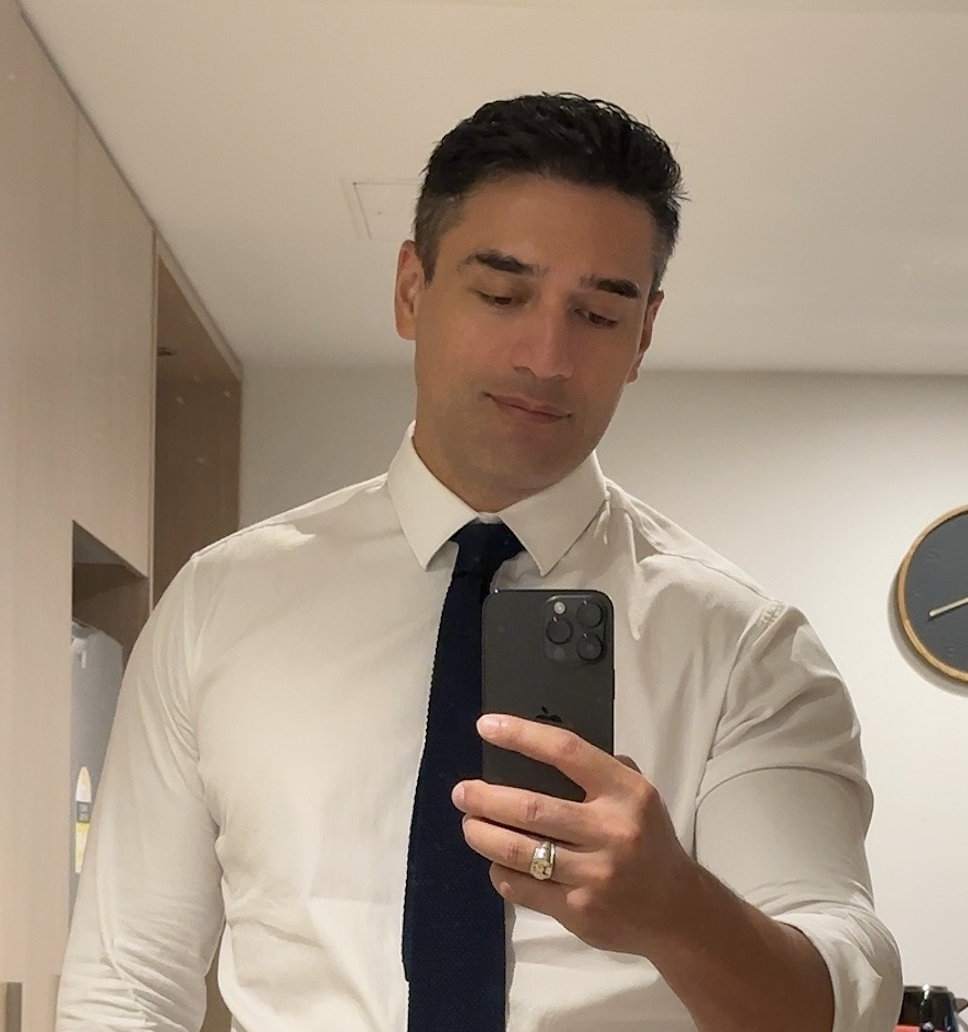What Happens When You Doubt Your Value as a Father
There’s a fear most long-distance dads carry—but rarely speak out loud.
It’s not about lacking love or effort. It’s the quiet fear that no matter how much you give, it still won’t be enough.
That someone else will shape more of their child’s world. That memories are being made without them. That their influence is stretching thinner each year. And one day, they’ll be remembered more for their absence than their presence.
That fear doesn’t show up as panic. It shows up as protective withdrawal. As reduced communication. As one less attempt to connect. As hesitation masked as patience.
This is how self-doubt often shows up—not in collapse, but in quiet retreat. You pull back to avoid the sting of irrelevance. But over time, the retreat becomes the very thing that confirms your fear.
This letter isn’t here to fix that fear. It’s here to name it. To put light on it. So it doesn’t keep driving decisions in the dark.
When Doubt Creeps In, Presence Starts to Slip
Long-distance parenting already requires intention. It takes energy to stay consistent when you don’t get the day-to-day feedback loop.
But doubt—quiet, chronic doubt—makes it harder.
Because the question isn’t always “Do I care?”
It’s: Does it matter that I care?
And when that question goes unanswered too long, your efforts start to shrink.
You stop following up. You hold back. You lower your expectations and convince yourself you’re just giving them space.
But often, you’re not creating space. You’re retreating from the fear that you’ve already lost ground.
Withdrawal doesn’t feel like quitting. It feels like self-protection.
But over time, it becomes absence dressed up as restraint.
You Don’t Need to Be Everywhere—But You Do Need to Decide Who You Are
One of the hardest things about distance is that you start to question what’s landing. What’s sticking. What your child is actually holding onto.
So here’s the question to ask:
If your child had to explain who their father is—without listing your job, your location, or your parenting schedule—what would they say?
What tone would echo in their mind? What phrase would they repeat? What would they hold onto when life gets hard?
You can’t control every moment they experience.
But you can control the pattern you set.
That’s where real influence lives—not in how much ground you cover, but in who you are on repeat. Someone they can feel—even when you’re not physically there.
Identity First. Distance Second.
You’re not a stand-in. You’re not a temporary figure. You are their father—fully, unquestionably, and without condition.
But if you don’t claim your role from within, the distance can start to rewrite it for you—and you may begin acting like someone unsure they still have a place.
Here’s the real shift:
Stop looking for confirmation. Start moving from conviction.
Ask yourself:
- What kind of presence do I want them to feel when I’m not around?
- What values do I want them to associate with me?
- What pattern do I want them to rely on—even if the schedule changes?
This isn’t about saying the right thing.
It’s about becoming the kind of father whose presence is felt—even when it’s not seen.
That’s what stays. That’s what they internalise. That’s how your identity endures—even across the miles.
Anchors to Hold When the Doubt Creeps In
When you feel the fear start to return—when you wonder if your presence matters—anchor to these:
- Consistency over intensity: Kids don’t need grand gestures. They need reliability. Repetition builds safety.
- Principle over performance: You’re not there to impress. You’re there to model how identity holds—especially when things feel uncertain.
- Structure over sentiment: Emotional warmth matters—but so does predictability. Presence is often quiet, simple, and repeatable.
These anchors won’t trend. But they’re what hold your child steady—quietly, reliably, when the world around them isn’t.
The Quiet Return to Identity
You are not measured by access.
You’re measured by how you carry the role—especially when it’s hard.
You are not forgotten.
You are not replaceable.
You are the reference point—whether your child knows how to name it yet or not.
When the doubt creeps in, return to this:
“I am not perfect. I am present. And that is enough.”
Stay steady.
Maximum Dad






